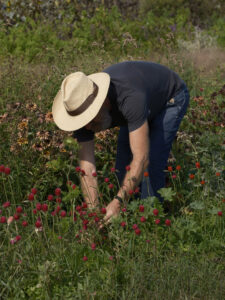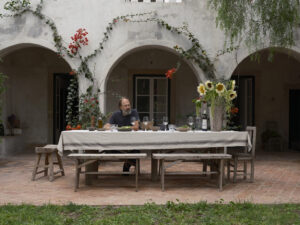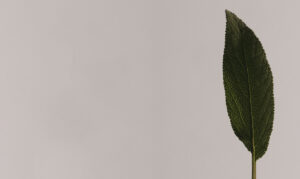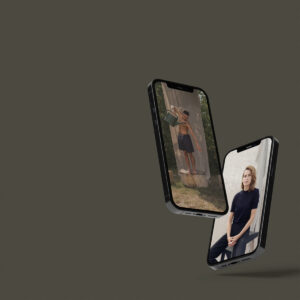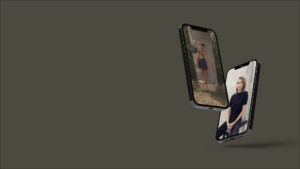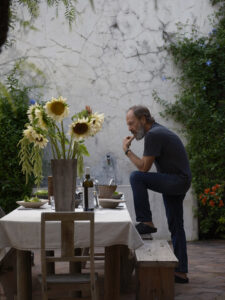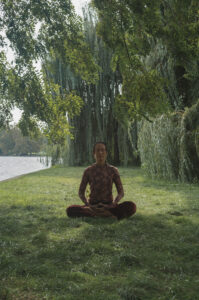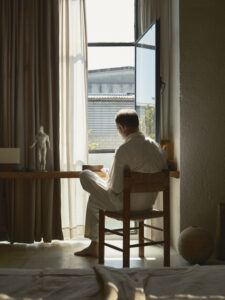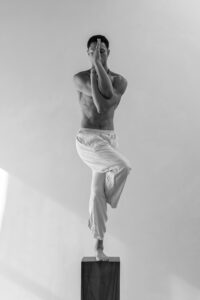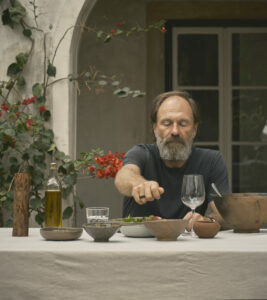
Join us on a journey with visionaries, as they share their very own stories.
Claus Sendlinger founded pioneering hospitality firm Design Hotels in 1993, and was instrumental in the emergence of the boutique hotel movement which provided travelers with alternative ways of exploring the world. His influence over the hotel and hospitality movement is such that in 2018 he was named one of 48 people changing the way we travel by Condé Nast Traveller magazine.
Claus recently founded Slow, an experimental hospitality collective that brings together designers, farmers, writers, artists, artisans, architects and creative minds working toward slower, more regenerative values in the fields of hospitality, holistic health, design and gastronomy. One of Slow’s most notable projects is the Sofi bakery in Berlin, a collaboration with Danish chef and restaurateur Frederik Bille Brahe that revolves around craft baking methods using grains sourced from organic farms in northern Europe.
I take a lot of ideas from these philosophies, and I apply them to simplify my life.
Food is at the heart of Claus’s contemporary lifestyle perspective. Learning from his partner, Lorena Framis, who’s an expert in naturopathic nutrition, Claus has given up industrialized, processed food — you’ll find no artificial sugars in his home and only small amounts of gluten — and instead feeds his body in a way that’s more in tune with what it really needs, rather than what’s easiest to find at the supermarket.
You can see Claus’s passion for organic and healthy nutrition reflected in La Granja Ibiza, a working farm and boutique hotel he opened in 2016, which conformed to principles of regenerative agriculture, prioritizing biodiversity and healthy soil over pesticides and industrialization.
When it comes to his own holistic health journey, Claus recently undertook a 360-degree analysis of his nutritional requirements, which he credits with empowering his view on nutrition. A doctor analyzed his DNA, and used the findings from this analysis to explain to Claus what foods he should avoid, and what he should embrace, as well as advising him to exercise in a more relaxed and mindful way.
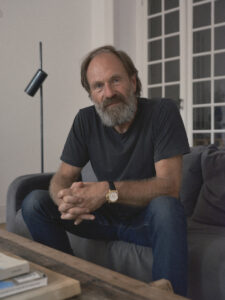
As we are cementing these ideas into our hospitality concepts, we try to be this kind of place that creates awareness. So when we talk about nutrition, one of our last projects was a regenerative farm project in Ibiza, and so through this, I was privileged to learn about the power of regenerative agriculture and what it can do for the planet on the one side, and on the other side, how if you cut out the middleman and if you go directly to the source, you can avoid being dependant on the supermarkets. All that matters to them is extended shelf life. That’s the enemy of eating healthy.
I’m not vegetarian, I’m not vegan, I eat everything and I love a glass of wine. The beauty is the right doses at the right time, and in the right combination — you can eat anything you want. It helps you not to gain weight and stay fit, you know? It’s kind of a science which maybe our grandmothers knew — this whole education around seasonality and how products are prepared and how they are stored has been just lost through the fact that we have a global economy where everything needs to be available all the time.
- Free guide on how to manage low energy
- Science-backed insights
- Traditional practices to gain energy
- Digital audio and video classes on demand
- Guidance on more relevant lifestyle diseases
I mean, I’m eating bread here and there, but the way we’re baking our bread is with heirloom grains. So there is some gluten in it, but we’re not adding gluten to it just to make it sticky.
So there is very, very little dairy and sugar. We avoid it whenever possible. But I like to have a glass of red wine and obviously there is sugar, you know? But there is no refined sugar anywhere.
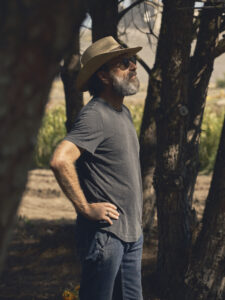
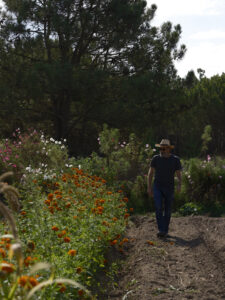
Basically, you know, being trained by my partner. Because she studied at a private school in Barcelona where they were teaching that you are what you eat and how food can be medicine.
There’s so many little things that unfortunately many of us just don’t know, it’s not taught. I did a lot of experiments, I was wearing a blood sugar monitor, I did stuff around that.
I did the 360 DNA test so I know what genes I’m missing in my DNA and what nutrients are not so good for me. I was brought up in Bavaria, and there they love to eat ham and potatoes. And these are not good for me. Maybe this is why everybody in my family so far has had cancer.
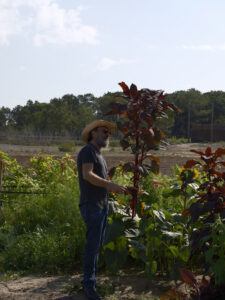
I don’t think that my lifestyle would fit any other people. I think everybody needs to find that for him or herself, but what they can learn is to be aware that there is all kind of information and testing and stuff available these days and that nutritionists and naturopaths and doctors can recommend to you how to adjust your lifestyle. I’m not rigid about it, because I love life and the main reason why I’m doing this is because I do love life, but I also know that 50% of all diseases, they’re lifestyle related. I think creating this awareness is what can help everybody.

I would rather say it’s really up to everyone individually, but in general, we’re overconsuming and overcommunicating. Eating 10 times a day is just not healthy, you know. So, find the right rhythm for you and your digestive system, what to eat, when to eat, how to use digital devices, when to rest.
